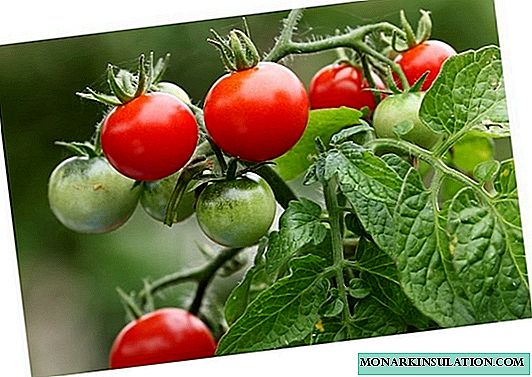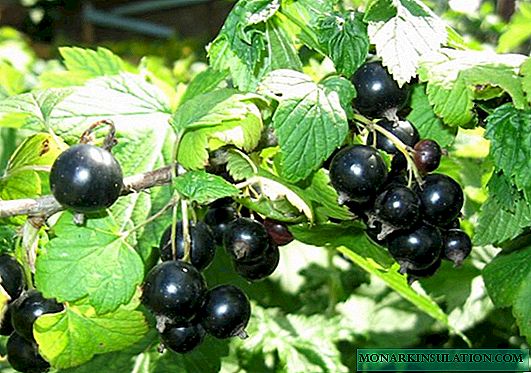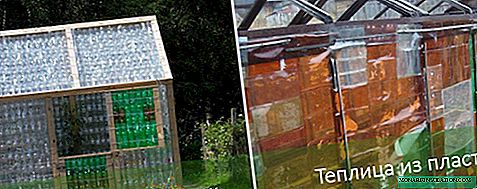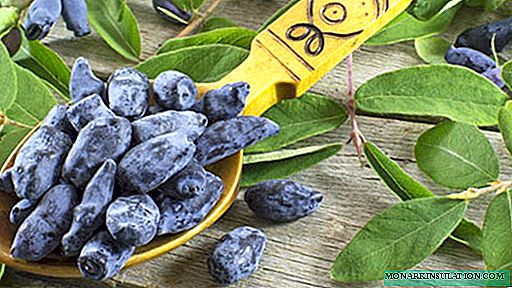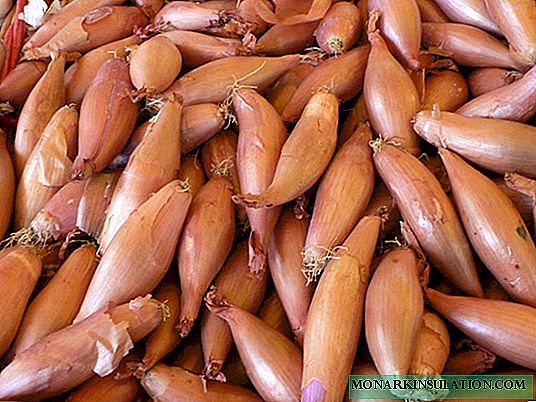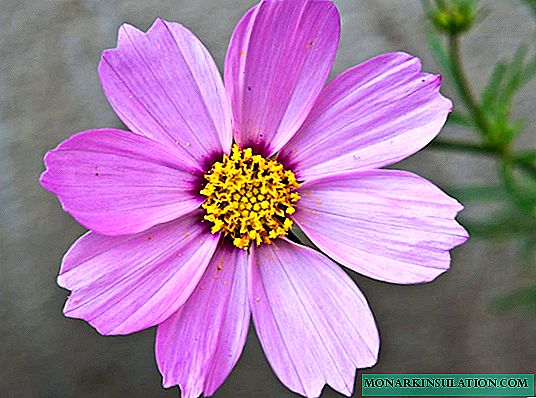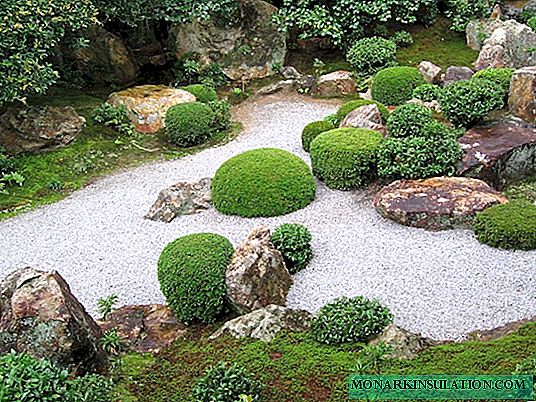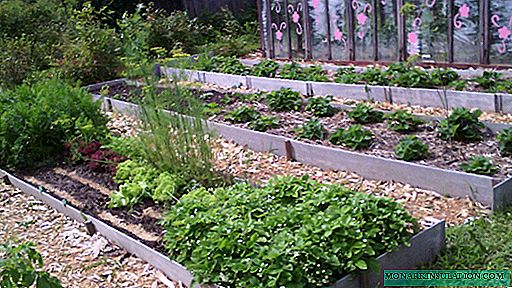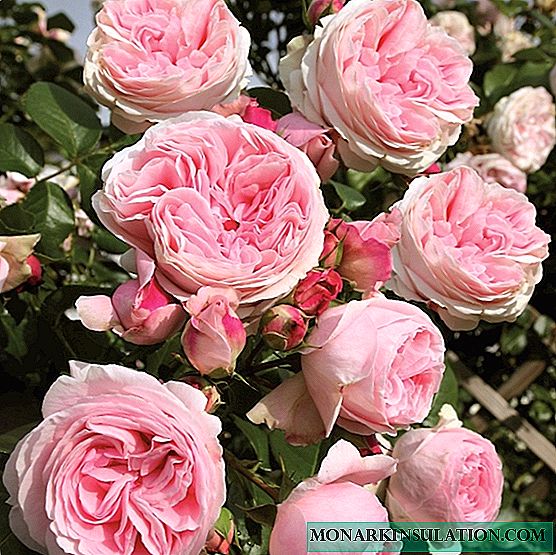No comfortable apartment can do without home plants. Some of them bloom violently and delight the eye, others remind of tropical countries, others - curl, braiding everything with their greenery. What type of indoor plants to choose in the house to bring a twist to the decor?
Indoor plants can be divided into flowering and non-flowering. The most popular representatives of the flora, pleasing the eye with their flowering. However, not all flowering plants can decorate a home for years.
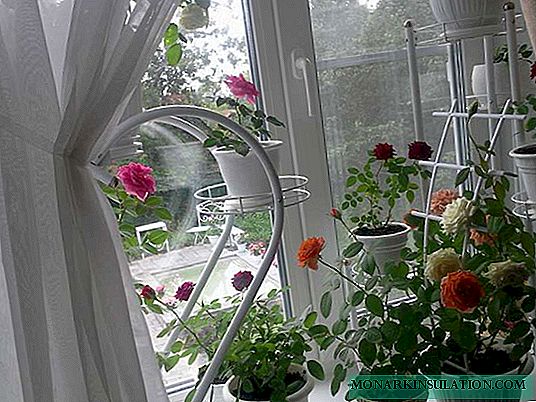
Houseplants
Choosing home indoor flowers, it is recommended to study their growing characteristics, watering regime, the presence or absence of toxic substances in the green juice. It so happens that the hostess chooses a green beauty for herself in the interior, enjoys the carving of the sheet and high growth. Simultaneously with the appearance of a new potted tenant in the house, one of the family members may suddenly feel an attack of suffocation, especially when the windows are closed. This is due to the fact that some plants in the process of life emit toxic substances, but attract people with their appearance.
Important! Such flowers can safely be kept in office premises in ventilated areas.
Types of indoor plants
From a scientific point of view, domestic plants are not only divided into flowering and evergreens. They can be classified according to the most diverse criteria: by belonging to the climatic zone, type of root system, method of reproduction, and many others.
All indoor flowers are divided into three large groups:
- decorative blooming (spathiphyllum, anthurium, daffodils);
- decorative flowering potted (orchids);
- decorative leafy (ivy, ficus, monstera).
Additional Information! Cacti are distinguished as a separate group, despite the fact that many of them are flowering, decorative, and potted.
Bulbous plants
Flowers propagated by bulbs are considered one of the most spectacular in appearance during the flowering period. Many are able for a long time to please with bright colors and bizarre shapes of buds. Among them - zephyranthes, clivia, amarkrinum, ledeburia, villota, hemanthus. All bulbs love heat, light and moisture. Therefore, if a representative of this class does not bloom for a long time, you should pay attention to the composition of the soil, timely watering and the amount of sunlight received by the flower.

Clivia
Indoor trees
Widespread so-called indoor trees. They are miniature copies of wild giants, capturing the eyes of all who notice this miracle. The most popular representative is the Bonsai tree. Exotic appearance, a strong trunk and a dense green crown - all the advantages of this Chinese plant.
Important! If you want to bring something unusual into the interior, it is not necessary to start foreign trees - the domestic lemon tree has juicy greens, and it can produce small fruits throughout its life cycle.
Among other equally well-known decorative trees can be distinguished: bottle, ficus, crassula (money tree), rosan.
Bromeliads
This is the name of the flowers, mainly with short trunks and a bunch of leaves collected in a rosette. The most popular can be called pineapple. Almost all representatives of this class bloom with unusual flowers of bizarre shapes, which gave them such popularity: bromeliad, guzmania, acantostachis, nidularium, tillandsia, and vriesia.
Ampel plants
Ampelias are house flowers with curly shoots. They are planted in hanging planters, allowing long branches to hang freely. Interior decoration in a vertical direction. Cissus belongs to ampelous, it is called indoor grape or weaving birch. It is widely distributed among lovers of vines. Cissus does not bloom. There are a number of flowering ampelias, among which petunia is popular, as well as surfinia, hoya and fuchsia.
Succulents
This class breaks all records of resilience. The most unpretentious plants, as a rule, do not require large pots and close attention. Designers like to use them in compiling various compositions of potted flowers, because the pot can be successfully replaced with a glass hemisphere, with a small amount of substrate.
Large indoor flowers
Large plants are often used to decorate offices, trading floors, halls, and vestibules. They enrich the air with oxygen, and give comfort to non-residential premises.

Large plants
Indoor flowers with large leaves
Large-leaved flowers are grown in apartments. The exotic look of spotty large greenery visually changes the interior, adding color. In small rooms, decorators tend to place one or two green accents. The favorites of modern trends are calathea, monstera, afelander, as well as fern.
Fleshy leaves
Crassula, or money tree, has thick dense leaves. It does not grow quickly, but with the correct formation of the crown, one can achieve a striking resemblance to a tree. Many succulents, due to their ability to accumulate liquid in green tissues, have thick leaves. Zamioculcas can safely be included in the list of plants with fleshy dense leaves.
Small house plants
Among the beautiful indoor flowers, a special place is occupied by miniature representatives of the flowering plant world. They were created artificially by breeders and are exact copies of their full-sized ancestors.
Mini violets
The scientific name is dwarf sinpolia. The leaves and the plant itself are several times smaller than the progenitor, but this does not affect flowering. Mini violets bloom as bright and unforgettable as full-sized relatives.
Miniature Kalanchoe
Derived miniature Kalanchoe in height will not grow more than 15 cm. Dwarfism was not reflected in flowering, these kids bloom in beautiful cream or red flowers.
Important! Decorativeness and miniature do not complicate the process of caring for the plant. It still loves timely watering.
Mini gloxinia
Miniature gloxinia do not require special care and maintenance conditions. They bloom, like gloxinia of normal size, in the summer. After flowering in the winter, the plant goes into a dormant period. The leaves die off, one tuber remains, from which a new green part will emerge in spring with subsequent flowering.
Mini roses
Potted beauties, reminiscent of their garden relatives, although they are smaller, have not lost their pink peculiarity - a typical aroma. The plant blooms just as beautifully, the leaf shape is identical to life-size roses. Housing maintenance requires compliance with the temperature regime - mini roses die at high temperatures. The optimal indicator for growing and flowering is + 18˚С. Already at + 22 ° C the plant becomes hot, and it can die.

Mini roses
Fittonia
A small indoor flower loves warmth and diffused bright light. Fittonia attracts with an interesting leaf pattern - clear white lines contrasting with green make the foliage look like a quail egg.
Soleilia
Indoor flower with miniature leaves has ampelous shoots. Soleoli does not require special care. Of the additions to regular watering, spraying in the hot season can be noted.
Popular flowering indoor plants
Despite all the diversity of the plant world, suitable for indoor use, there is still a certain “standard set” of flowers living on window sills and in hanging flower pots.
White indoor flower
Perennial spaciphyllum can be seen, if not every, then half of all gardeners for sure. The perennial, which does not require special attention, is pleased with its large white flowering. Breeders bred varieties with large leaves. Giant spaciphyllums are not capricious, blooming in the same colors as a classic relative.

Spathiphyllums of different sizes
Abutilon Hybrid
Abutilon is just gaining popularity - a blooming tree-like flower. May exceed the height of human growth. Flowering, depending on the variety, can be red, burgundy, orange, coral.
Attention! To ensure lush flowering, the plant should be placed on the sunny side of the house. Abutilon will survive in the shade, but will not show flowers.
Although he is photophilous, he does not tolerate heat. The maximum possible temperature in the spring and summer months should not exceed 22 degrees. In winter, this figure is even lower - + 15˚С. With the beginning of the heating season, it is more reasonable to place a flower pot on a heated balcony, where it will be comfortable until spring.
Abutilon can be propagated by seeds collected after flowering. To obtain strong and disease-resistant plants, seed must be hardened. Sowing begins in February - March; germination can take up to 3 weeks.
Gloxinia home
Close in appearance to violets, gloxinia has a significant difference - its root system is in the form of a tuber, and in winter it goes to rest. Each time after wintering, the tuber needs to be woken up to accelerate the appearance of leaves, treating with a potassium permanganate solution from possible diseases and growth stimulants for active awakening. To help gloxinia move away from sleep, tubers are placed on a peat cushion, regularly sprayed and maintained at an air temperature of at least + 23 ° C. If the tuber looks wrinkled, with an uneven surface, it is no longer alive.

Gloxinia bloom
Important! Gloxinia does not tolerate direct sunlight, a lack of light will force the plant to stretch the stems and reduce the number of buds.
Venus flytrap
The predatory venus does prey on flies, thereby obtaining its own lure, but this does not cancel regular watering. It is sensitive to the composition of water, so the water supply as a source will not suit her. Water must first be filtered. Flycatcher photophilous, will not survive in the shade.
Calathea
The variegated beauty pleases with its leaves all year round. From spring to autumn, it requires plentiful watering and daily spraying. The most affordable to grow in the apartments of calatheas - Bachem, Veitch, Makoy. Soft water with no salt impurities is suitable for irrigation. It is possible to transplant a flower by neat transshipment together with an earthen lump, having previously laid drainage on the bottom of a new pot. If you want to propagate the plant during spring transplantation, division of the bush is allowed. Shoots along with the root are carefully dressed from the main bush for subsequent planting.
Indoor plants not flowering
Plants are not always planted on the premises to contemplate the buds. Many evergreen representatives of the plant world, without flowers, fell in love with flower growers for their irresistible crown.
Cissus
Like wild grapes, it can braid large vertical areas.
Ficus
The variety of elastic has spread over dark glossy leaves. It grows quite tall tree. There are varieties with weaving shoots.
Fern
Gorgeous green spreading leaves, it recalls the tropics and creates an atmosphere of the jungle.
Tropical home flowers
Tropical representatives of the plant world surprise not only with their unusual appearance, but also with a non-standard way of keeping.
Tillandsia blue (Tillandsia cyanea)
One of the representatives of non-standard cultivation - some of its species are fixed on a board or snag.

Tillandsia blue
Homemade banana
In height, in just a year, it grows by 1 meter, with sufficient humidity and high temperature, it is able to bloom and even bear fruit.
Streptocarpus
Important! A flowering tropical plant requiring abundant watering and frequent spraying.
The variety of species allows you to choose the most liked flowering: from cornflower to bellflower.
List of popular plants alphabetically
A
Abutilon
Aglaonema
Adenium
Maidenhair
Azalea
Alocasia
Aloe
Anthurium
Amparagus
B
Balsam
Banana
Begonia
Bokarneya
Bottle tree
IN
Willota
Washingtonia
Vriesia
G
Haemanthus
Hyacinth
Hibiscus
Hymenocallis
Hippeastrum
Hydrangea
Garnet
Guazmania
D
Dionea
Dieffenbachia
Dracaena
F
Jasmine
3
Zamioculcas
TO
Cacti
Caladium
Kalanchoe
Calathea
Calla
Camellia
Kislitsa
Clivia
Codium
Coleus
Bell
Crossandra
L
Lykuala
Lemon
Lithops
M
Mandarin
Monstera
Spurge
ABOUT
Orchids
P
Pandaus
Fern
Pahira
Ivy
Petunia
Poinsettia
R
rose flower
FROM
Sansevieria
Saintpaulia
Syngonium
Solanyum
Spathiphyllum
T
Tradescantia
Tillandsia
Fat woman
F
Ficus
Philodendron
Fittonia
Fuchsia
X
Hamedorea
Chlorophytum
Howea
Hoya
Ts
Cicas
Cyclamen
Cyperus
W
Schlumbergera
E
Eonium
Description
Eucharis
Ehmeya
YU
Yucca
I
Jacobinia
Important! It often happens that the hostess wants to decorate the home, orders with delivery seeds or seedlings of exotic plants, which in the seller’s announcement promise prosperity and bring happiness.
Plants in pots, watered, and they die. In order for plants to develop, you need not be lazy to look into the encyclopedia to find out varieties suitable for growing, for example, in Lyubertsy or Nizhnevartovsk. If the plant is shade-loving, do not neglect this feature of it. Approaching the issue of landscaping wisely, you can get a beautiful indoor garden.

